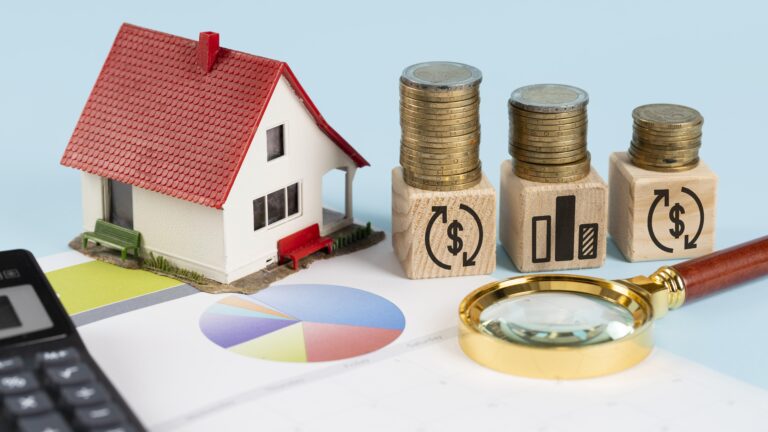The question of timing plagues every investor. When it comes to real estate, the age-old adage “location, location, location” holds, but is there an equally perfect “time” to jump in?
The truth is, there’s no single, magic answer. The real estate market, much like life itself, is a dynamic environment. While there’s no one-size-fits-all answer, by understanding market trends and personal financial readiness, you can make informed decisions that maximize your chances of success.
Let’s explore when it’s truly the best time to get into real estate investment, backed by compelling statistics.
Market Conditions:
One of the primary factors influencing the timing of real estate investment is market conditions. Analyzing market trends, such as supply and demand dynamics, inventory levels, and price trends, can provide valuable insights into the current state of the real estate market.
For example, a buyer’s market, characterized by low prices and high inventory, may present favorable opportunities for investors to find undervalued properties and negotiate favorable deals.
Economic Indicators:
Economic indicators, such as job growth, unemployment rates, GDP growth, and interest rates, can also impact the real estate market. A strong economy with robust job growth and low unemployment rates often correlates with increased demand for real estate, driving property values and rental prices higher.
Conversely, economic downturns may present buying opportunities for savvy investors, as distressed properties become available at discounted prices.
Interest Rates:
Interest rates play a significant role in real estate investment, as they affect borrowing costs and mortgage rates.
When interest rates are low, borrowing becomes more affordable, making it an opportune time for investors to leverage financing to acquire properties. Low interest rates can stimulate demand for real estate and drive property values higher, potentially increasing returns on investment.
Local Market Factors:
In addition to broader market trends, local market factors such as population growth, job opportunities, infrastructure development, and regulatory policies can influence the timing of real estate investment.
Identifying emerging markets with strong growth potential and favorable investment conditions can provide investors with unique opportunities for capital appreciation and rental income.
The Power of Patience and Planning:
While market cycles can influence buying strategies, it shouldn’t be the sole factor driving your decision. Here’s why:
- Focus on Long-Term Goals: Real estate is a marathon, not a sprint. While short-term market fluctuations might occur, history has shown that real estate tends to appreciate in value over extended periods [Source needed on appreciation statistic]. Investing with a long-term perspective allows you to weather market corrections and benefit from overall growth trends.
- The Power of Preparation: Being prepared is key. So regardless of the market cycle, ensure you have a solid financial plan. This includes having a good credit score, securing financing options, and understanding the ongoing costs of property ownership.
By understanding market cycles, conducting thorough research, and aligning your investment goals with your financial situation, you can make informed decisions about entering the real estate market. There’s no one-size-fits-all answer, but with the right knowledge and preparation, you can unlock the exciting possibilities that real estate investment has to offer.

